Today’s gospel focuses on Joseph who receives a message from God in a dream. An angel tells him to take Mary as his wife because her child is born of the Holy Spirit. Joseph wakes up and does what God says. No explanation of what his place is in all this is. No advice about how he would deal with the fact that she was pregnant before their marriage. No warning about the hardships that lay ahead of him. Joseph just does what his dream tells him to do. He gives Mary his strength. He gives her comfort in her hour of need, and he hopes that his faith and love will be enough to be able to finish what God asks him to do. Joseph not only enabled Christ to be born, he provides a safe nurturing place where Christ could grow.
Joseph did what he did because he was a righteous man. He opened himself up to God’s voice and so was sensitive to divine visitation. Through his dreams God directed the course of his life and Joseph not only took those dreams seriously, he acted on them even though they left many questions unanswered. How many of us would have taken on as much as he did on the strength of a dream? Would you uproot your family and take off for another country because of a dream you had? In order to act like Joseph, we would have to be a lot more open and a lot more sensitive to the messengers God sends us.
All Joseph had to assure him was his faith, a faith that told him God would be there every step of the way. That was obviously enough for him. He needed no other proof or explanation. Unfortunately, we do not operate on such faith today. We question and analyze everything we are asked to do. We try and control our outer life so much that our inner life is marked by a sense
of emptiness, unease, and incompleteness. So that is where God talks to us asking us to prepare a place where Christ can be born, nurtured, and allowed to grow. I know this to be true because it was into the restlessness and emptiness of my own life that God’s message convinced me that I was being called to this way of life. You may think it’s stupid to make such a radical change based on a “dream” that God was calling you. But once you get a glimpse of the divine, once you understand, as Joseph did, just how close God really is to you, and how involved he is in the life of his people, then, like Joseph, you can’t help but let go of the prejudices and fears that keep you from acting according to his will.
God is still sending his messages to us, telling us what he wants us to do with our lives, telling us what he wants us to become. But like Joseph, we have to be able to recognize the sacred in our lives in order to hear those messages and to make the right choices.
Somebody says something cruel about somebody else, not only cruel but funny, and everyone laughs. Do we laugh too, or do we defend the person even if we don’t like them ourselves? When a friend has hurt us, do we cut them out of our lives and act like we never were friends, or do we try and build a bridge over the hurt? When we are alone in our own thoughts do we think about our lost opportunities, our lost youth, our lost love ones, or do we take enjoyment in the life we have and thank God for the promise of each new day? Is our outlook on life destructive, cynical, self-defeating, or is it creative, hopeful, and glad.
All these little choices and inner skirmishes that go into making up our days may seem to add up to very little at the time, but in the long run, they are important because it is precisely in all those small meaningless encounters with others that provide an opportunity to become more sensitive to the
messages God sends us. Maybe the message we receive is not as important as the one sent to Joseph in today’s gospel, but the message is the same, be strong… be merciful…help one another.
In a way, God is asking each one of us to help Christ be born out of the emptiness which is inside of us. But unless we open up a channel for the word of God to enter we will not be aware of it. We will never see how intimately God is involved in our lives. We must open ourselves up to God’s divine presence, as Joseph did, and listen to what God wants us to do. Then we must try and create a place of safety, a place of welcoming for those who are in need, those we work with, those we live with, those who are forced to live on the streets, those who are closed off by walls of poverty, prejudice, and pain.
Unless we act like Joseph and are willing to change the course of our lives for God. Unless we too seek to be righteous people and do as God asks us to do, Christ will never be born in us, nor have a chance to live among us.
Msgr. Michael Busch
St Jerome’s Parish
Ontario, Canada



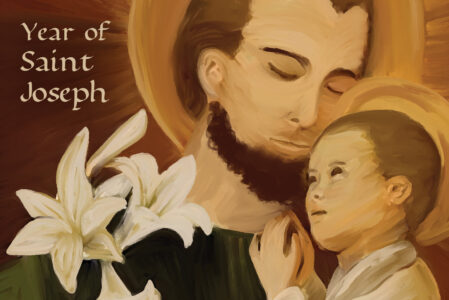


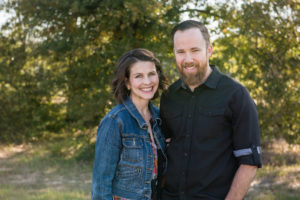
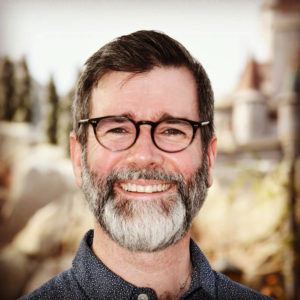
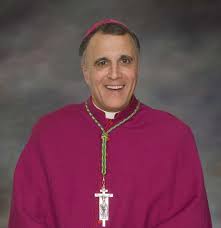
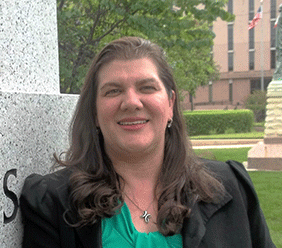
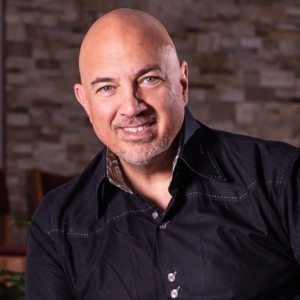
 Kimberly Kay Cox
Kimberly Kay Cox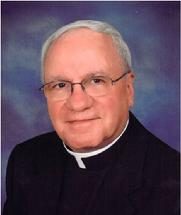
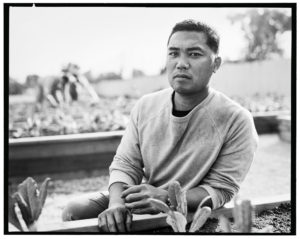


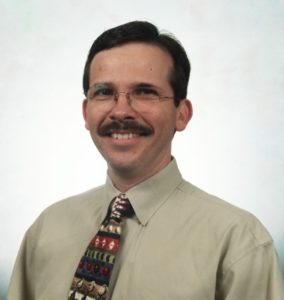


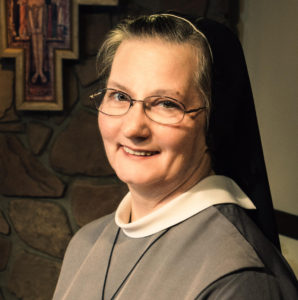
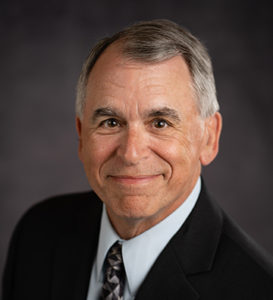 Mark Mogilka
Mark Mogilka




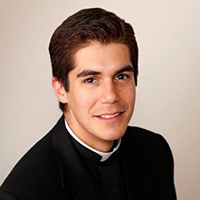
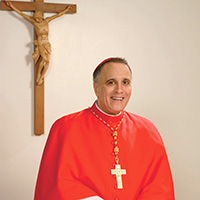

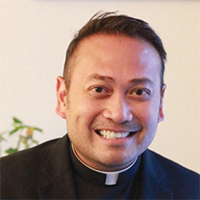




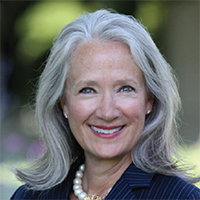
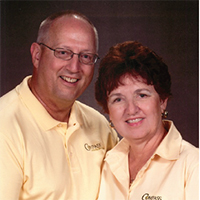
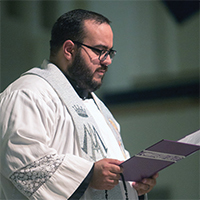
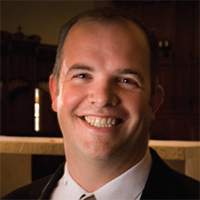


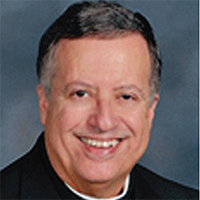

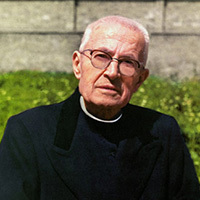
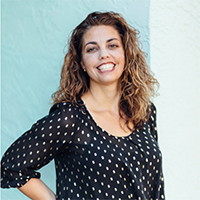

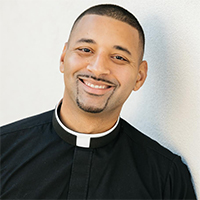

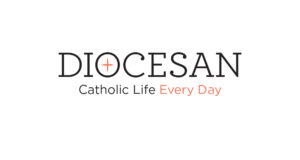


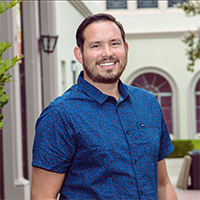
 Armando Cervantes
Armando Cervantes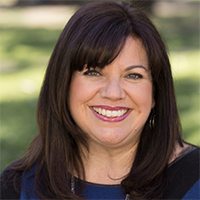 Anna Betancourt
Anna Betancourt
 Andrea Chavez-Kopp
Andrea Chavez-Kopp